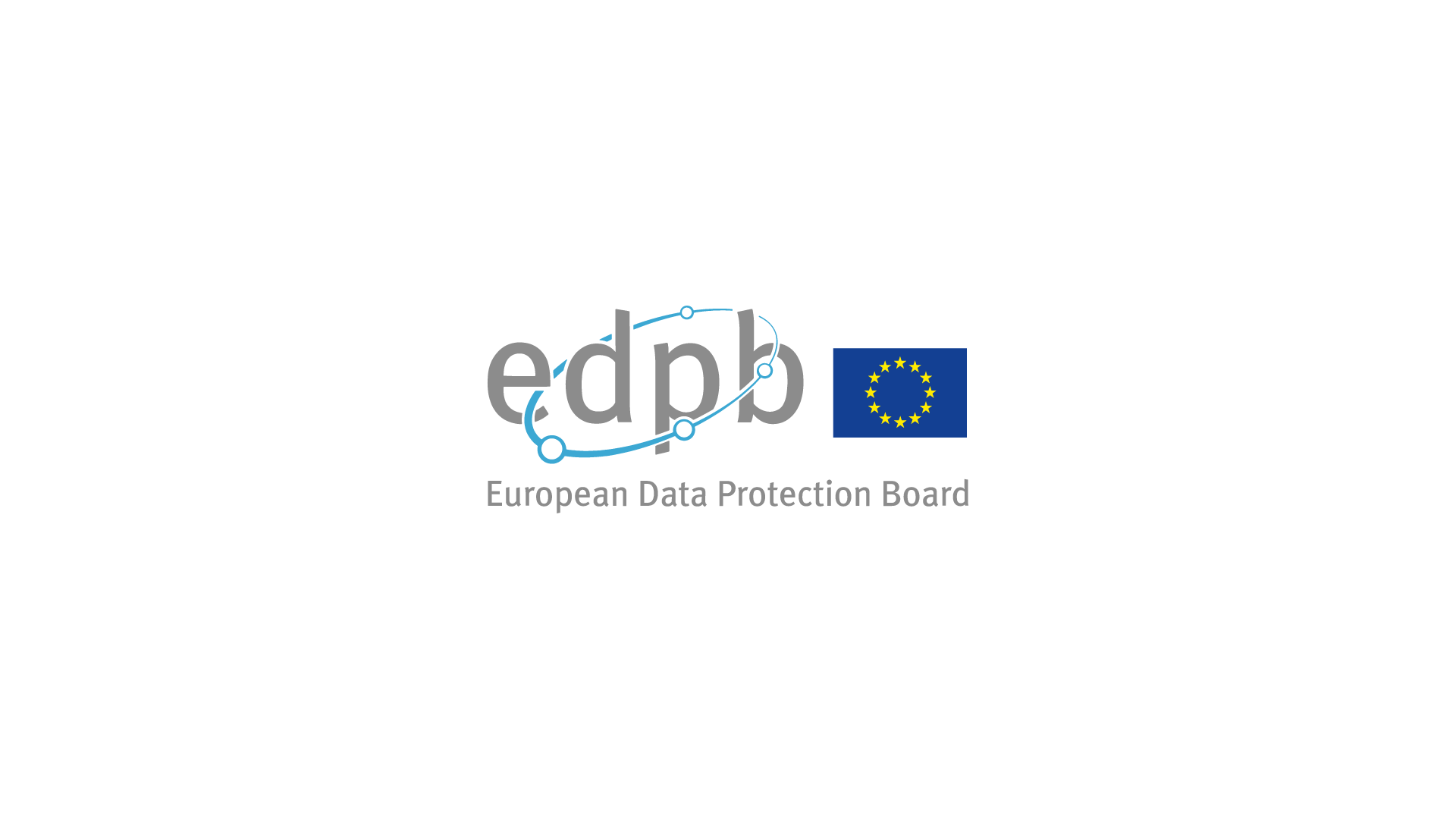The European Data Protection Board (EDPB) is an independent European body tasked with ensuring the consistent enforcement and interpretation of the General Data Protection Regulation (GDPR) across the EU. While not established under the EU AI Act, the EDPB plays a critical advisory role in shaping how AI systems that process personal data comply with EU privacy law.
Through legally binding decisions, non-binding opinions, and interpretive guidance, the EDPB provides a regulatory compass for AI developers, deployers, and national authorities navigating the intersection of data protection and artificial intelligence.

1. Background and Establishment
The EDPB was created in 2018 under Article 68 of the GDPR, replacing the former Article 29 Working Party. It is composed of:
- One representative from each EU national Data Protection Authority (DPA)
- The European Data Protection Supervisor (EDPS)
- A non-voting representative from the European Commission
The EDPB’s secretariat is provided by the EDPS, ensuring independence from political influence. The Board operates as a central coordinating authority for interpreting GDPR in complex or cross-border contexts—including those involving AI-driven decision-making, biometric data, or automated profiling.
2. Purpose and Role in the EU AI Ecosystem
Although the EDPB’s formal mandate lies within the scope of data protection, its decisions and guidance are increasingly central to AI governance, particularly in the context of:
- Automated decision-making under Article 22 GDPR
- Lawful processing of sensitive data (e.g. biometric, health, ethnicity)
- Transparency and explainability of algorithmic systems
- Profiling and data subject rights
- Anonymization and pseudonymization in AI training datasets
The EDPB also works closely with the European Commission, AI Office, EU AI Safety Alliance, and other institutions to ensure regulatory alignment between the GDPR and the EU AI Act.
3. Key Contributions and Impact
The EDPB has shaped the foundation of AI data governance in Europe by:
- Publishing Guidelines on AI and Data Protection (2021), clarifying how GDPR applies to AI systems
- Issuing binding decisions in cross-border GDPR cases involving facial recognition, adtech, and emotion detection
- Releasing opinions on the legal bases for AI-powered processing under Articles 6 and 9 GDPR
- Endorsing Data Protection Impact Assessment (DPIA) templates that apply to AI
- Providing joint statements with the European Artificial Intelligence Board (EAIB) on overlapping compliance issues
- Influencing the final text of the EU AI Act by highlighting risks to informational self-determination, purpose limitation, and data minimization
Its work ensures that data protection principles remain enforceable even in the era of increasingly autonomous and predictive AI systems.
4. Connection to the EU AI Act and the EU AI Safety Alliance
While not a supervisory body under the EU AI Act, the EDPB serves as a key interpretive authority on any AI system that processes personal data, particularly in cases where:
- High-risk AI systems involve biometric identification, health data, or social scoring
- AI-based decision-making tools affect employment, creditworthiness, or justice
- General-purpose AI models raise concerns around data scraping, anonymization, or profiling
The EDPB works in complement to:
- Data Protection Authorities (DPAs) who enforce GDPR locally
- The AI Office, which supervises EU AI Act enforcement
- The EU AI Safety Alliance, which offers certification and technical evaluation of AI system compliance
Together, these bodies build a co-regulatory framework, ensuring that data protection obligations are not overlooked in the technical certification processes under the AI Act.
5. Stakeholder Engagement and Community Participation
The EDPB maintains transparency and inclusivity through:
- Public consultations on draft guidelines and policy opinions
- Engagement with academic experts, civil society organizations, and industry stakeholders
- Workshops on privacy-preserving technologies and automated decision-making safeguards
- Cross-institutional cooperation with the European Parliament, AI Office, and national regulators
- Publishing case digests, annual activity reports, and compliance toolkits for AI developers and data controllers
By maintaining open dialogue, the EDPB ensures that GDPR enforcement evolves in parallel with emerging AI technologies.
6. Key Themes Addressed by the EDPB Relevant to AI
The EDPB addresses a range of AI-relevant topics through the lens of data protection law:
- Legal basis for automated processing (consent vs. legitimate interest)
- Data minimization and purpose limitation in training AI models
- Right to explanation, contestation, and human intervention
- Accuracy and fairness of algorithmic outcomes
- Cross-border data transfers involving AI systems
- Profiling and social scoring prohibitions
- High-risk processing and prior consultation requirements
- DPIAs and privacy-by-design frameworks
These themes provide essential interpretive clarity for aligning AI system design with EU fundamental rights.
7. How to Engage with the European Data Protection Board
While the EDPB does not process individual complaints, organizations and policymakers can engage by:
- Submitting comments to public consultations on AI-related guidelines
- Reviewing published opinions, guidance, and recommendations
- Participating in joint conferences or EDPB-hosted workshops
- Consulting local DPAs for compliance queries aligned with EDPB interpretations
- Following the Board’s decisions and clarifications that impact AI system deployment
For developers and legal teams building AI systems that involve personal data, staying updated with EDPB positions is critical to GDPR-aligned design and deployment.

